RESIDÊNCIA ARTÍSTICA CAMBRIDGE
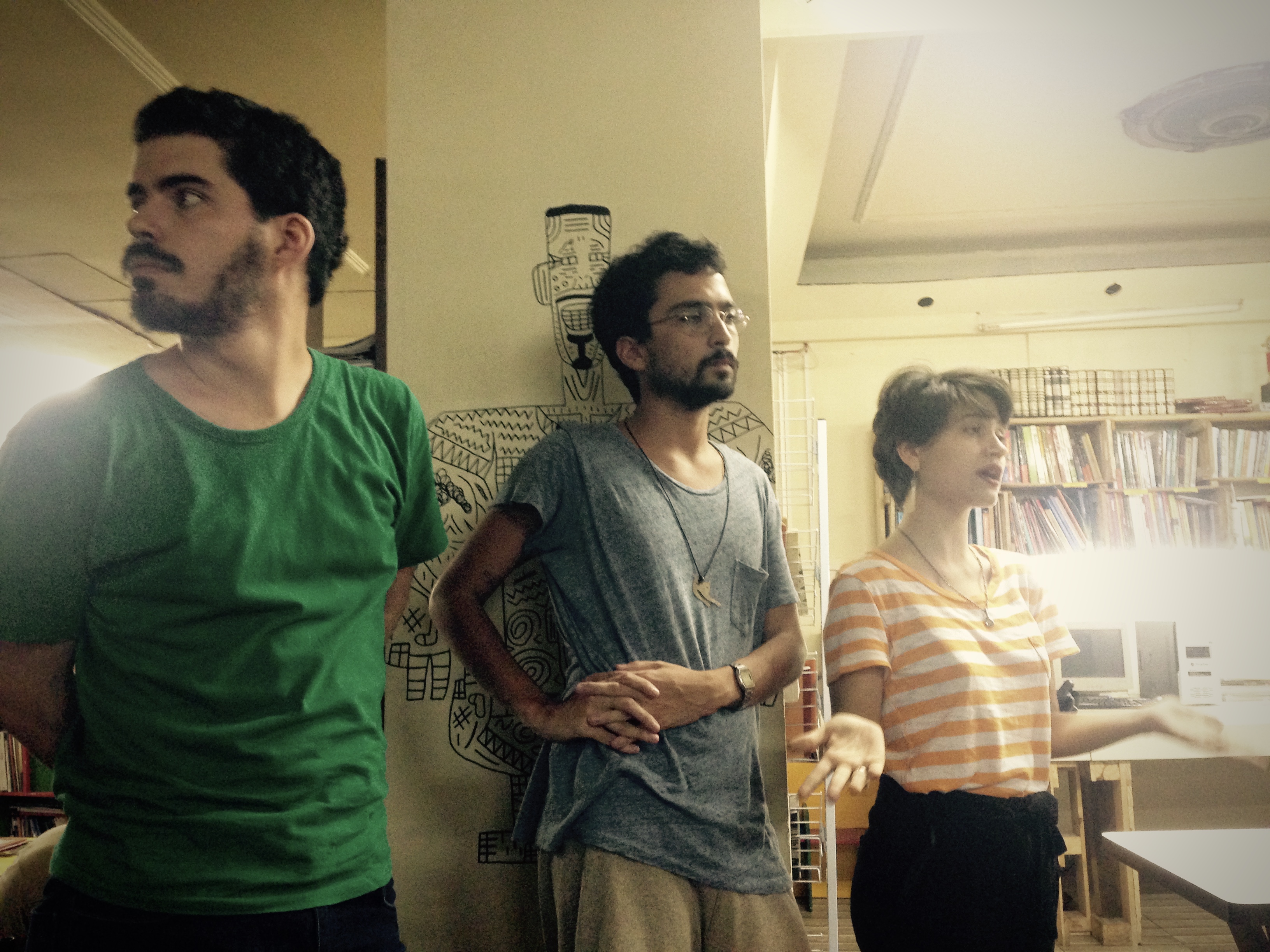
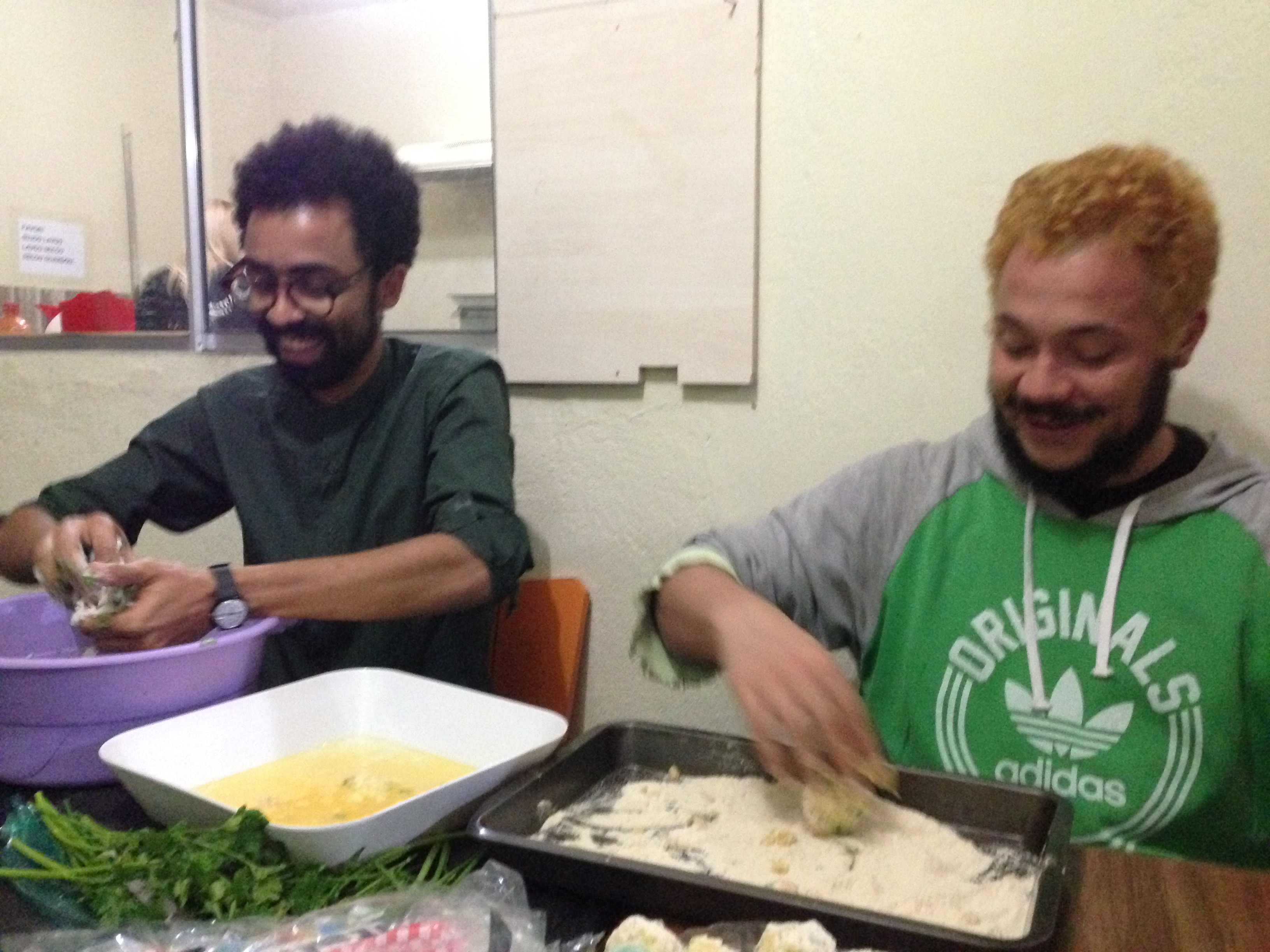
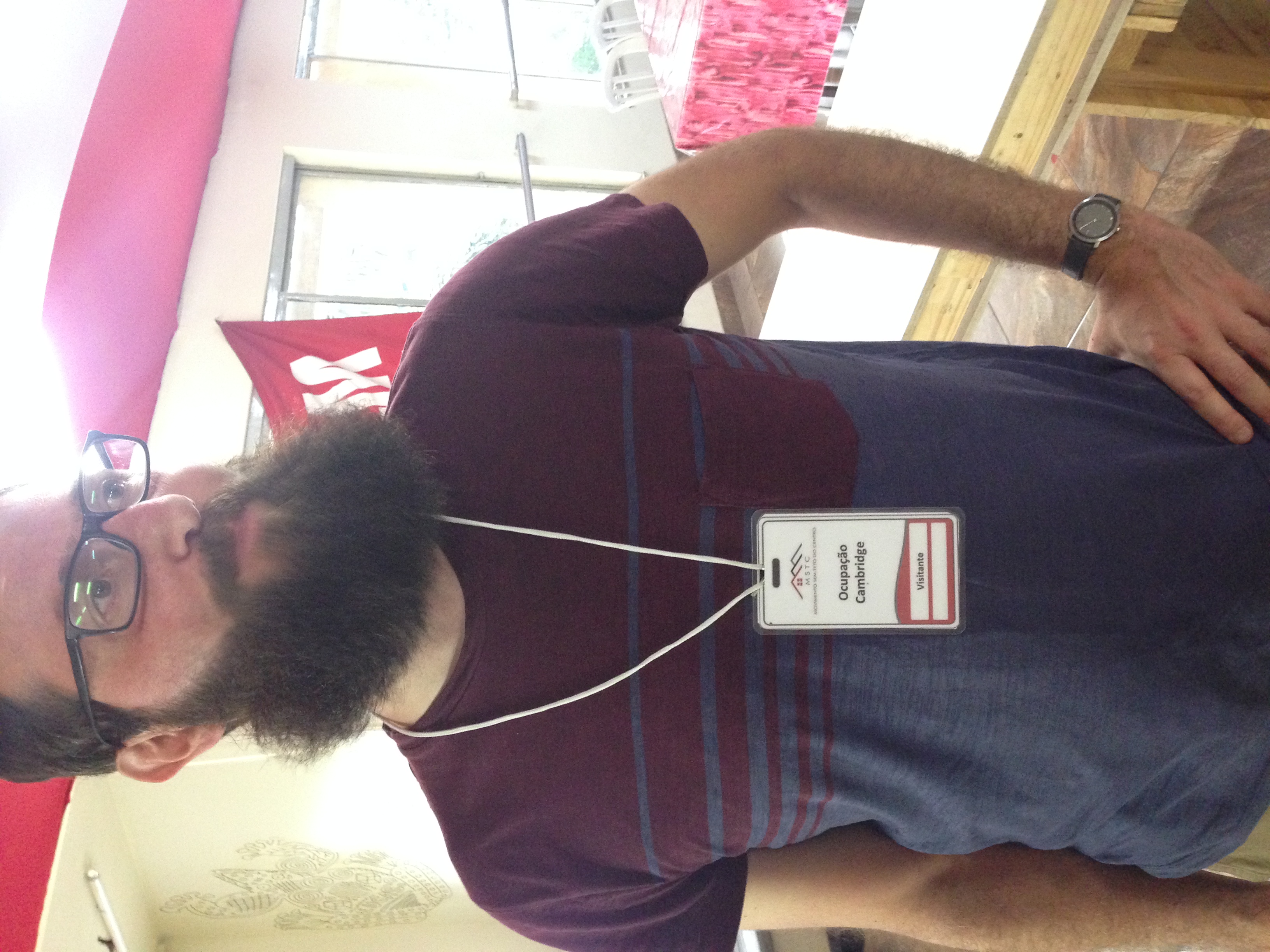
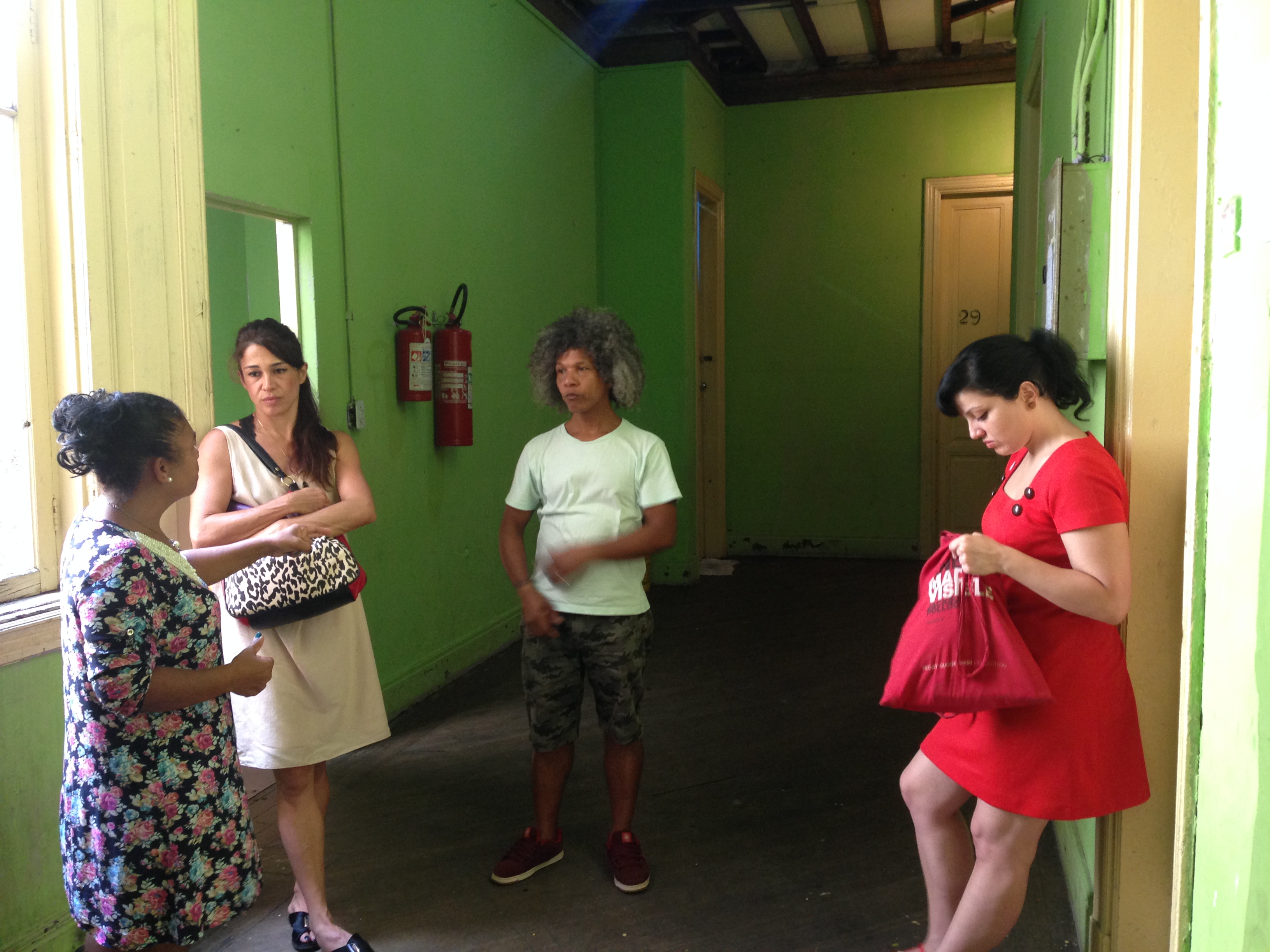
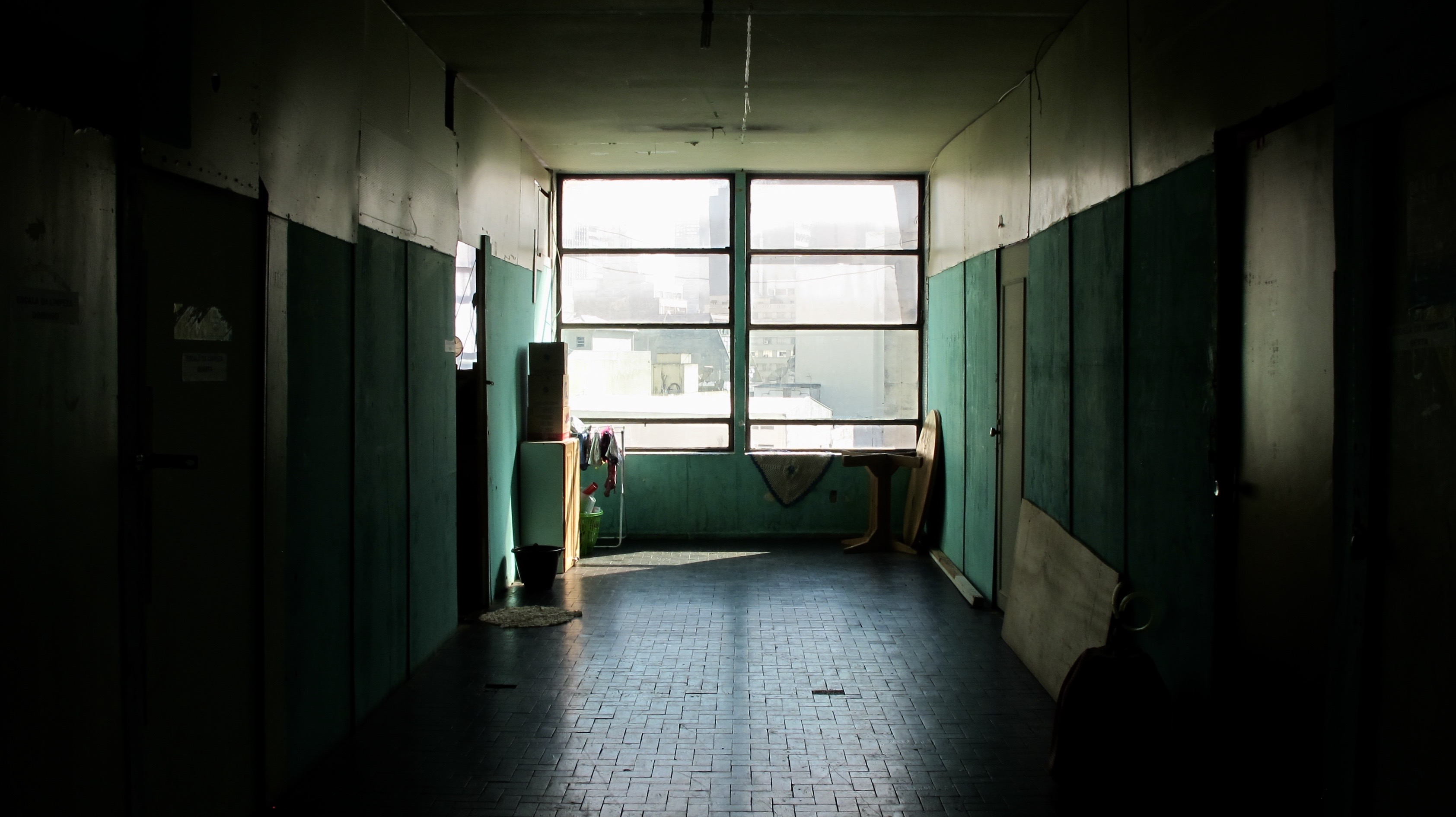
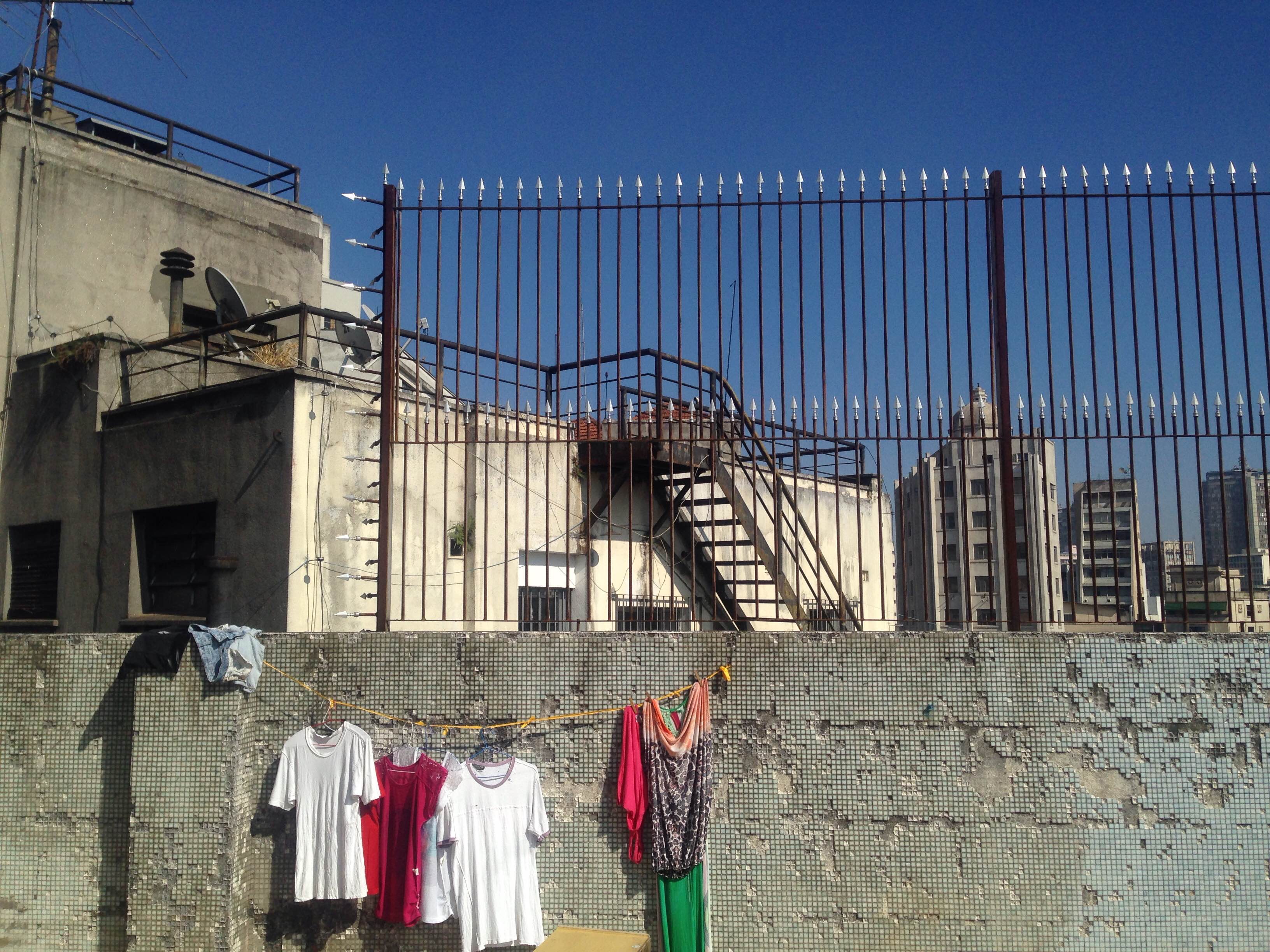
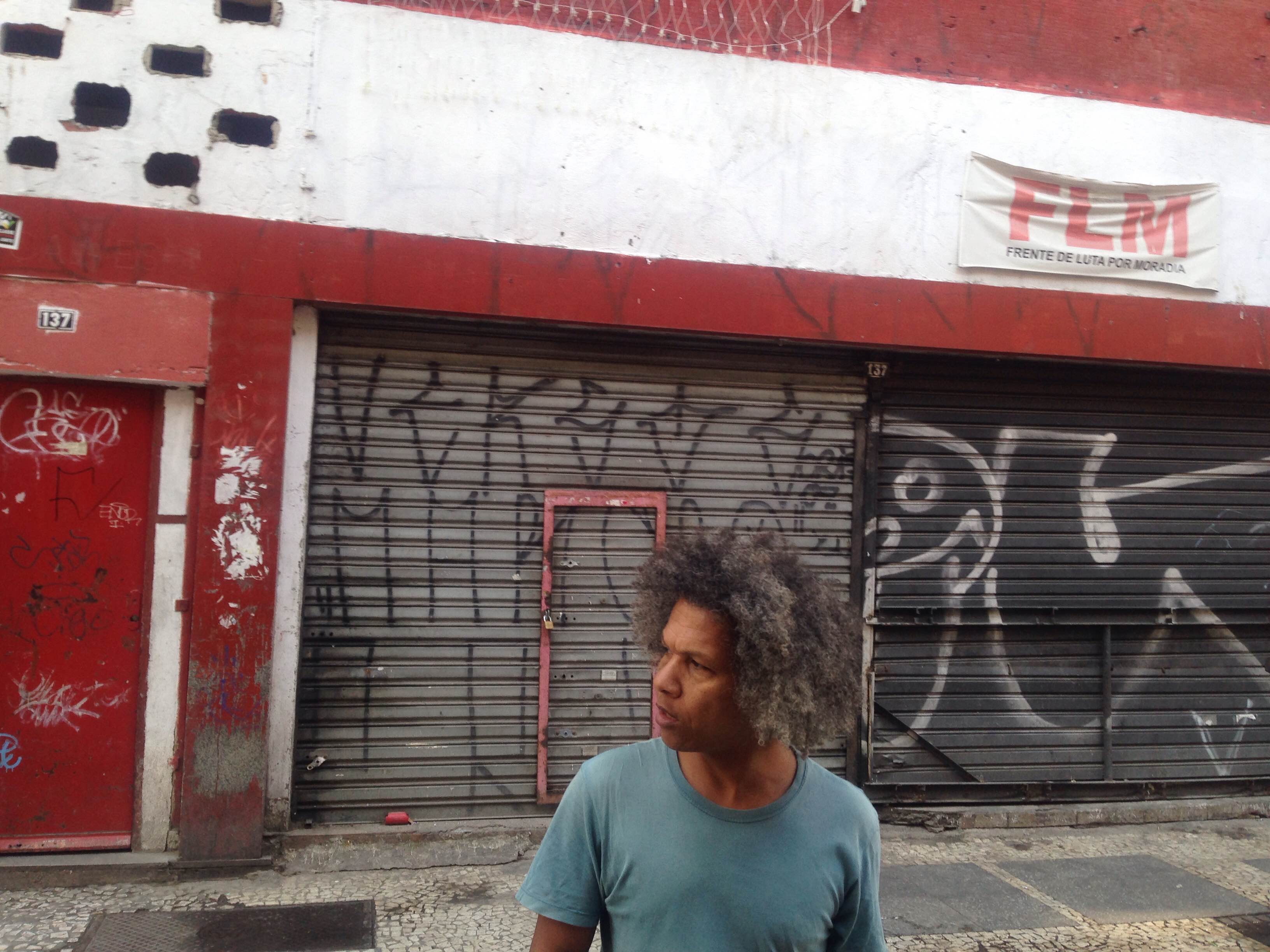
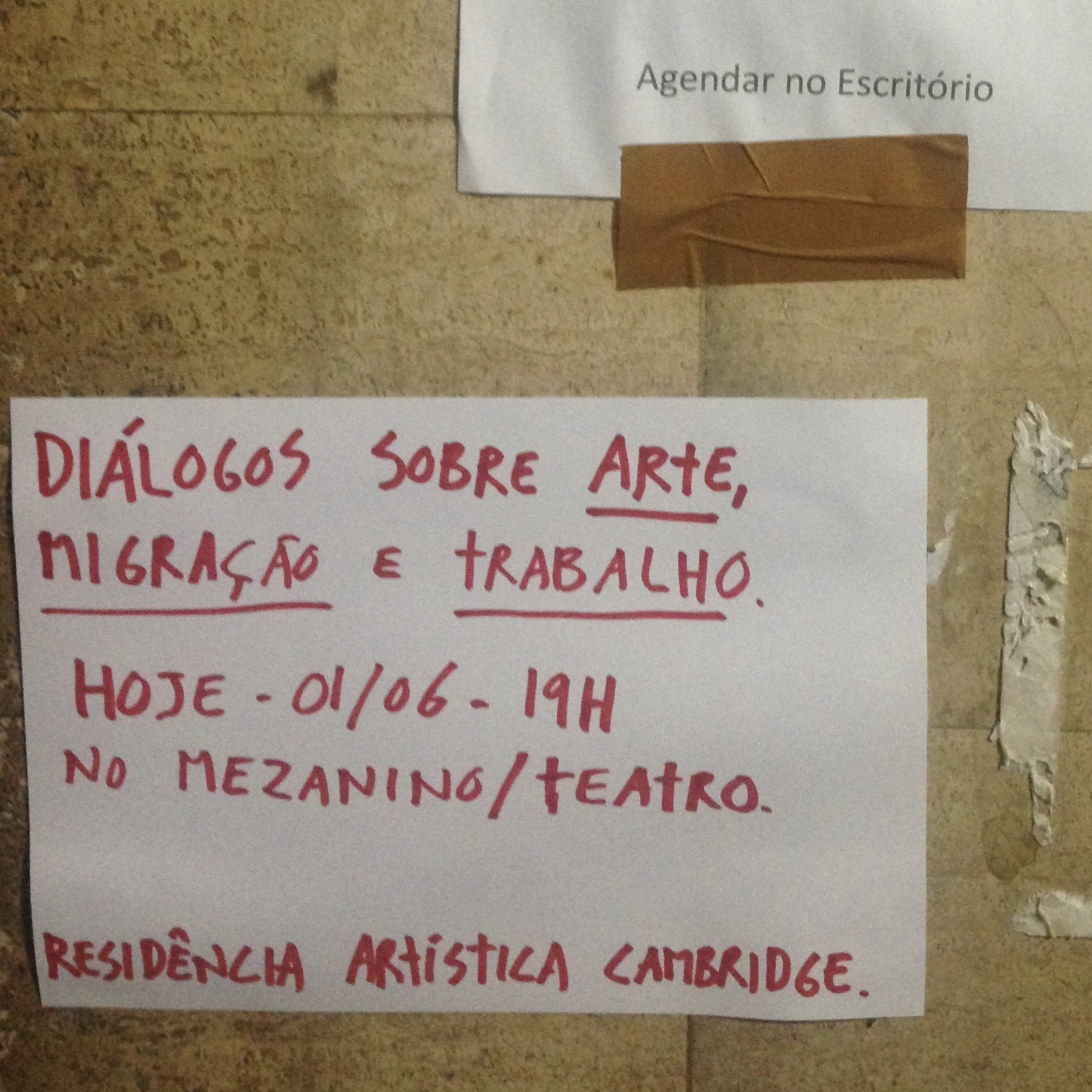
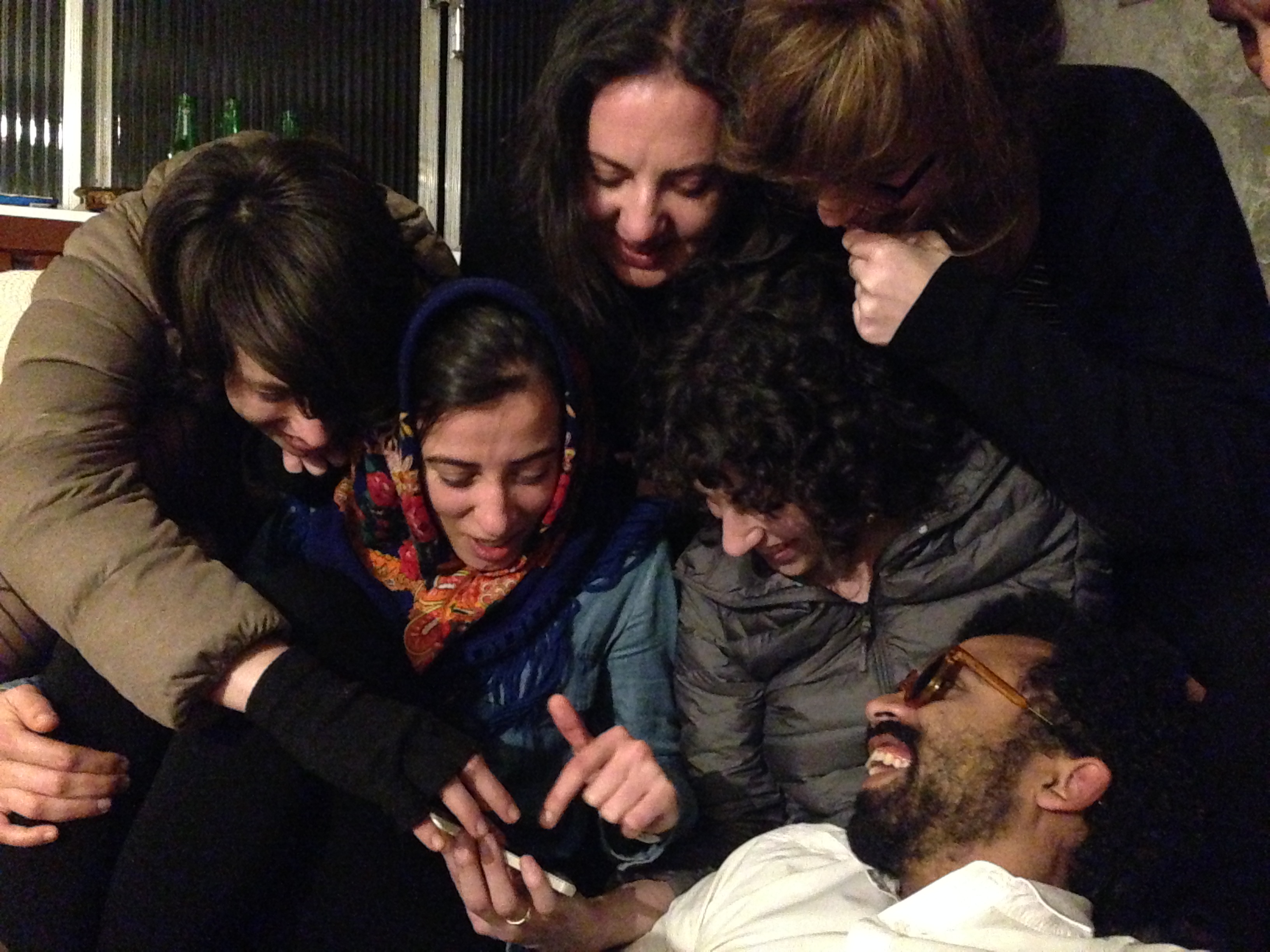
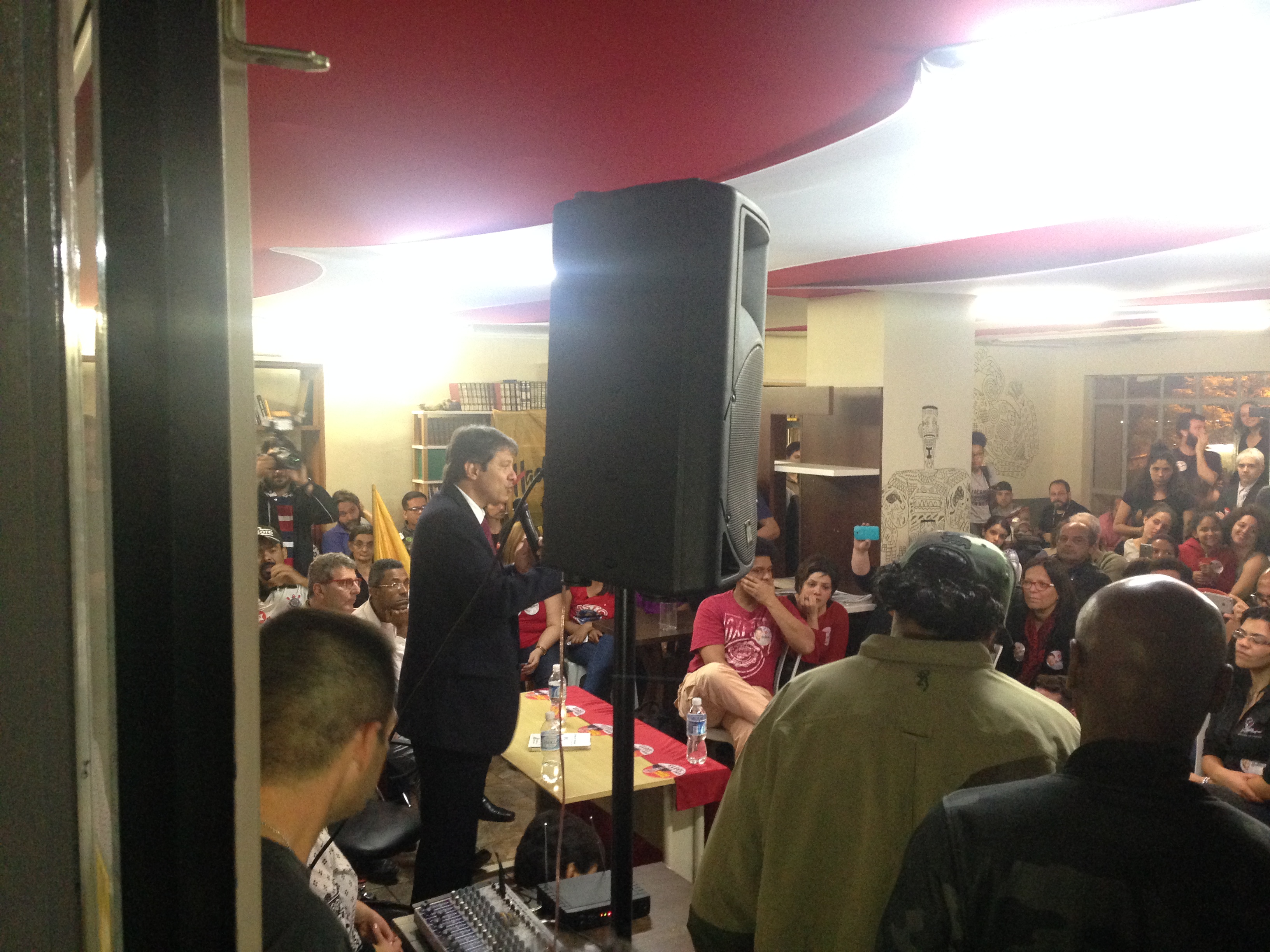
The Residência Artística Cambridge was an artistic residency programme organised in partnership with the Movimento do Sem Teto do Centro (MSTC - Movement of the downtown homeless). It took place from March 2016 to April 2017 in the former Hotel Cambridge in São Paulo, Brazil, an erstwhile luxury hotel that went from hosting celebrities such as Bing Crosby and Nat King Cole in the 1950s, to charging for rooms by the hour in the 1980s and 1990s, before becoming a nightclub, and then finally in 2012, an abandoned space.
The Residência’s programme invited four artists to each work for a flexible three-month period during a theoretical calendar year. Curated by myself, Juliana Caffé and Yudi Rafael, the first artist in residence was Ícaro Lira, then the duo Jaime Lauriano and Raphael Escobar, followed by the writer Júlian Fuks, before ending with Virginia de Medeiros’ residency period. For the project, the curatorial team, the coordination of the MSTC and the leader of the refugee movement GRIST received the São Paulo Association of Art Critics 2016 APCA Trophy.
The building was one of nine occupations managed by the MSTC, itself part of a wider collective, the Frente de Luta por Moradia (FLM, Front for Just Housing), movements that put forward the struggle for the right to a home within a very specific and hostile context. São Paulo is a city characterised by a high degree of socioeconomic inequality, an urban environment in which the number of vacant properties far outstrips the number of families who are designated as homeless, and movements such as the MSTC face high levels of police violence and intimidation in seeking to provide housing solutions for those at the margins. In such a context therefore, the Residência responded to, and articulated, a very different understanding of contemporary art practice, one embedded in the transits and everyday exchanges of a highly contested urban reality.
The location invited all practitioners to enter into an unmediated daily artistic dialogue in a residential building that housed 500 people. Diverse activities, such as cinema clubs, working groups, dinners, debates, and exhibitions promoted the notion that embodied knowledge would inevitably irradiate from within a community, through the activation of relations of worlds that are, and worlds yet to be in São Paulo’s dense urban space. The geographer David Harvey has placed a strong emphasis on the collective dimension of the process of ‘the making of the city’ and what happened in the Hotel Cambridge demonstrated how space can be reconfigured by many different collectives working together, placed into dialogue by, at heart, an artistic proposition.
The Residência’s programme invited four artists to each work for a flexible three-month period during a theoretical calendar year. Curated by myself, Juliana Caffé and Yudi Rafael, the first artist in residence was Ícaro Lira, then the duo Jaime Lauriano and Raphael Escobar, followed by the writer Júlian Fuks, before ending with Virginia de Medeiros’ residency period. For the project, the curatorial team, the coordination of the MSTC and the leader of the refugee movement GRIST received the São Paulo Association of Art Critics 2016 APCA Trophy.
The building was one of nine occupations managed by the MSTC, itself part of a wider collective, the Frente de Luta por Moradia (FLM, Front for Just Housing), movements that put forward the struggle for the right to a home within a very specific and hostile context. São Paulo is a city characterised by a high degree of socioeconomic inequality, an urban environment in which the number of vacant properties far outstrips the number of families who are designated as homeless, and movements such as the MSTC face high levels of police violence and intimidation in seeking to provide housing solutions for those at the margins. In such a context therefore, the Residência responded to, and articulated, a very different understanding of contemporary art practice, one embedded in the transits and everyday exchanges of a highly contested urban reality.
The location invited all practitioners to enter into an unmediated daily artistic dialogue in a residential building that housed 500 people. Diverse activities, such as cinema clubs, working groups, dinners, debates, and exhibitions promoted the notion that embodied knowledge would inevitably irradiate from within a community, through the activation of relations of worlds that are, and worlds yet to be in São Paulo’s dense urban space. The geographer David Harvey has placed a strong emphasis on the collective dimension of the process of ‘the making of the city’ and what happened in the Hotel Cambridge demonstrated how space can be reconfigured by many different collectives working together, placed into dialogue by, at heart, an artistic proposition.
auflynn [at] arts.ucla.edu
Alex Ungprateeb Flynn is an Associate Professor at the Department of World Arts and Cultures/Dance, University of California, Los Angeles. Working as an anthropologist and curator, Alex’s practice explores the intersection of ethnographic and curatorial modes of enquiry. Researching collaboratively with activists, curators and artists in Brazil since 2007, Alex explores the prefigurative potential of art in community contexts, prompting the theorisation of fields such as the production of knowledge, the pluriversal, and the social and aesthetic dimensions of form.